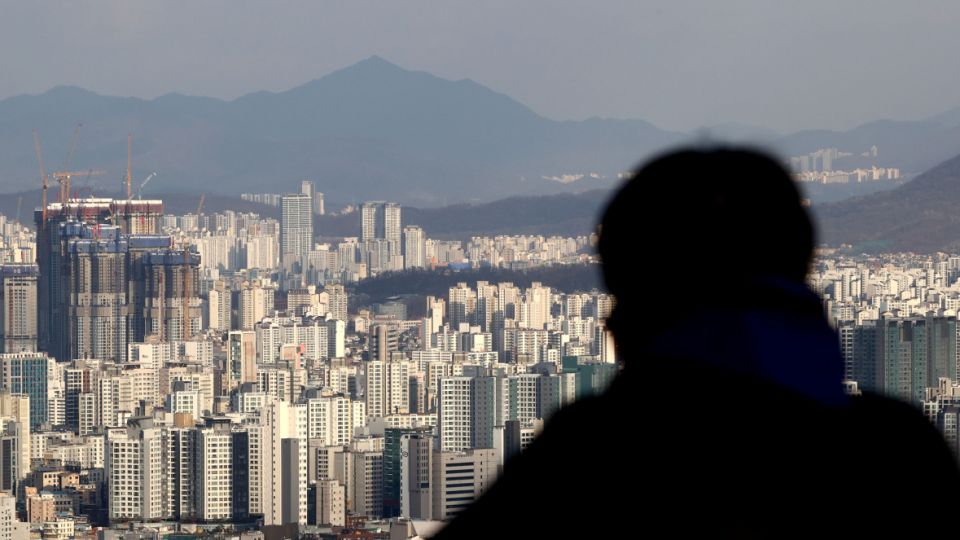January 5, 2022
The Korean government says the nation is moving toward stabilizing housing prices due to its supply and policy measures, but experts are scratching their heads.
“(Cheong Wa Dae) has thoughts close to a conviction that housing prices have begun to stabilize,” said Park Soo-hyun, senior presidential secretary for public communication, in a local radio interview Tuesday.
The nation’s housing prices have continuously increased during Moon’s administration, but a slowdown had been detected since the end of 2021.
“I don‘t know if the current downward stabilization trend is the effect of expanding supply and mobilizing policy measures such as financial taxation, but the trend is heading in that direction,” Park said.
Regarding the unstable real estate market throughout President Moon Jae-in’s term, Park added that there had been changes in the economic situation, such as maximum liquidity due to COVID-19 and meager interest rates. “This situation was bound to affect real estate, and caused pain to the public due to a lack of supply,” he said.
But Park added that real estate is a long-term and comprehensive measure. ”We have laid the foundations for a housing supply that can be passed on to the next government.“
In his New Year‘s address released on Monday, President Moon said, ”We will continue the recent decline in housing prices to a firm downward stabilization.“
Despite Cheong Wa Dae’s confidence, experts still predict that prices will grow this year.
“If the recent drop in housing prices was produced naturally, it could be right that prices will continue to decline,” said Lee Eun-hyung, a senior researcher at construction policy institute RICON. “However, the current decline was induced by loan regulations that artificially pressed housing prices.”
He added, “In his New Year’s address last year, the president said that the rise in housing prices was due to a global increase in liquidity and an increase in single-person households. But there are no signs of easing or resolving the two things now.”
The Korea Research Institute for Human Settlements predicted that housing prices will rise 5.1 percent in the Seoul metropolitan area, and 3.5 percent in provincial regions this year.
One of the reasons the institute predicted a higher rate of increase in housing prices in Seoul compared to the provinces is housing supply.
According to Real Estate R114, the number of apartments nationwide scheduled to become available for this year was 313,823, up by 9.1 percent from last year. On the other hand, the number of households in Seoul decreased by 35.7 percent to 25,520 homes.
Park Won-gap, a senior real estate expert at KB Real Estate, said, ”The supply is increasing nationwide this year, but there is very little supply in Seoul. Unlike last year, when housing prices across the country rose together, polarization is likely to intensify.“
A recent survey conducted by real estate platform company Zigbang on 1,236 users of its application asked whether respondents thought housing sales prices in their respective residential areas will rise or fall in 2022. 43.4 percent of respondents said that prices will fall, while 38.8 percent said prices will rise.
The most common reason for predicting a fall in housing prices was the ”perception that the current price level is high” (32.6 percent). This was followed by “a burden due to an increase in interest rates” (24.2 percent) and “a burden due to stricter regulations on real estate loans.” (18.8 percent).
Among those who predicted an upward trend, the largest number of respondents cited the “lack of new supply” (22.5 percent). The next largest group cited the burden of rising “jeonse” (Korea’s unique long-term rental system through lump-sum deposits) and monthly rental prices (18.8%). The third biggest reason were for properties in areas with “favorable news for developing transportation and maintenance projects” (14.2 percent).


